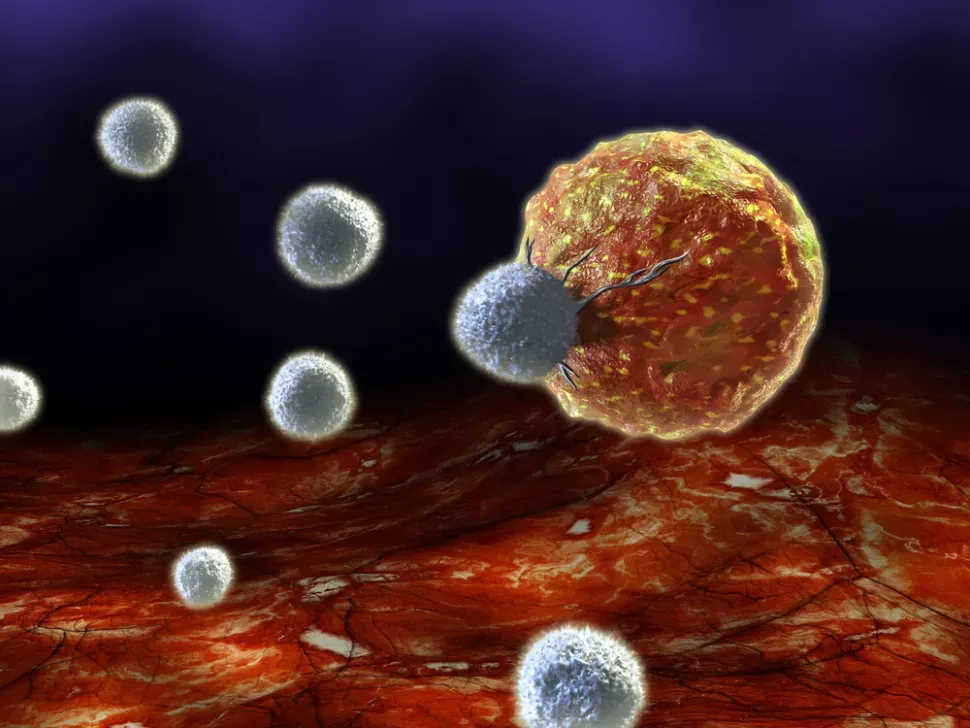The Immune System and Its Role in Combating Infections

Cell-mediated immunity is a type of immune response that does not involve antibodies. Instead, it involves the activation of phagocytes and antigen-specific cytotoxic T-lymphocytes, along with the release of various cytokines. The immune system's role in combating infections depends on how well cells respond to specific antigens.
Activated T cells
Activated T cells (T cells) play a crucial role in cell-mediated immunity. They are responsible for directing the immune response by interacting with a host's antigens. They also produce IL-2 and IL-6. They are also known as effector cells.
Memory B cells
Memory B cells are cells that are activated in response to an antigen. Several factors determine their activity. These factors include somatic hypermutation, affinity maturation, and isotype switching. These processes allow for the increased affinity of the antibodies produced by memory B cells.
IL-2
Innate cells in the body produce IL-2 to help maintain immune homeostasis and respond to microorganisms. The cell types responsible for these activities are unknown, but future studies will likely determine which type is important in different tissues. For example, innate cells in the gut are important in immune tolerance. This tolerance may be related to interactions with the gut microbiota. Further research into this topic may lead to the developing of effective immune-targeted therapies for gut diseases.
Dendritic cells
Dendritic cells (DCs) are an important part of the immune system and play a central role in innate and adaptive immunity. There are several different subsets of DCs, each with distinct properties and immunological functions. There are plasmacytoid DCs, conventional DCs, and monocyte-derived DCs. They are further divided based on their development and maturation stages. These cells mediate immune responses in many areas, including the clearance of pathogens, initiation of primary T-cell responses, immune tolerance, and anti-tumour immunity.
Macrophages
Macrophages are an important part of the immune system and play a critical role in inflammation and immunity. They can invade tissue and cause damage to it. Macrophages also play a role in tissue reorganization. Their functions are summarized in Table 2. They play two important roles in immunity and inflammation. To activate macrophages, T cells must present a molecule that binds antigen.



